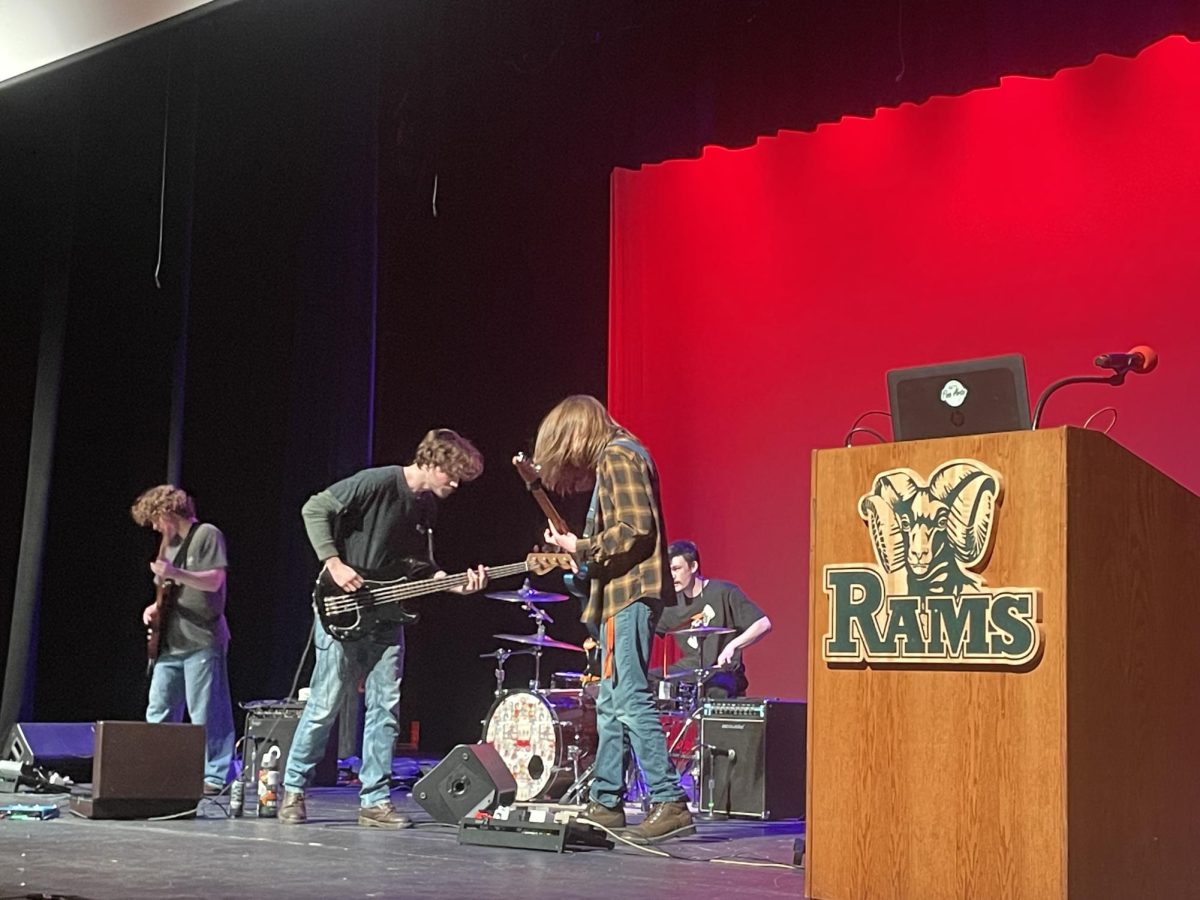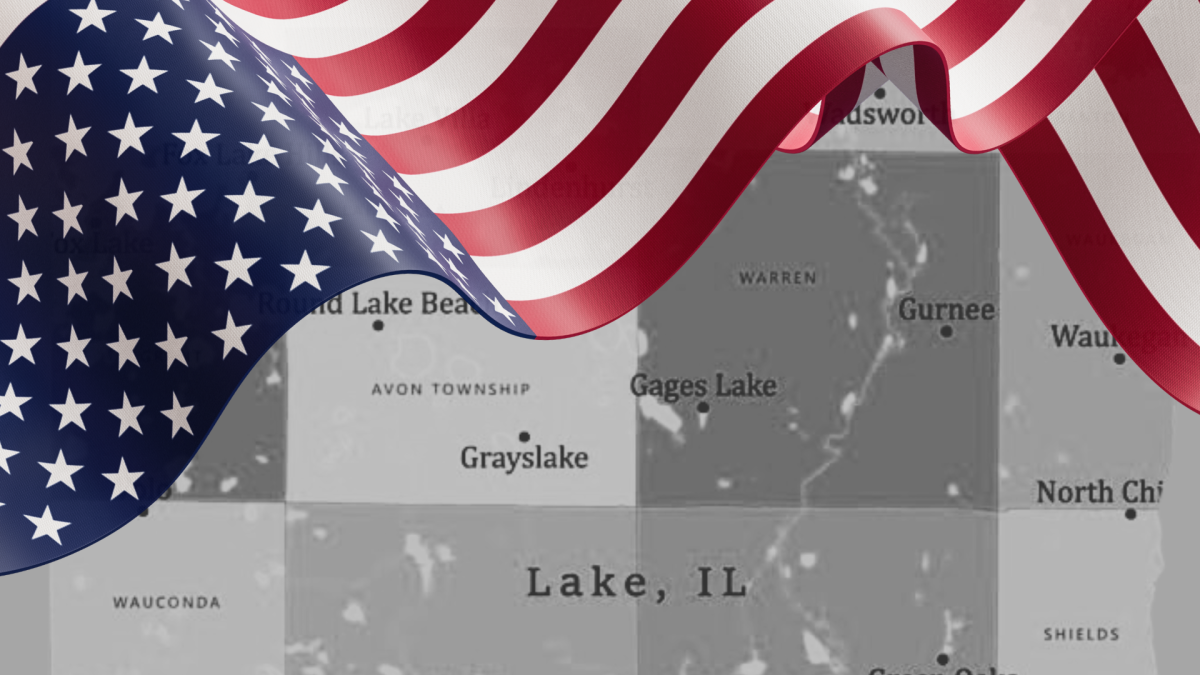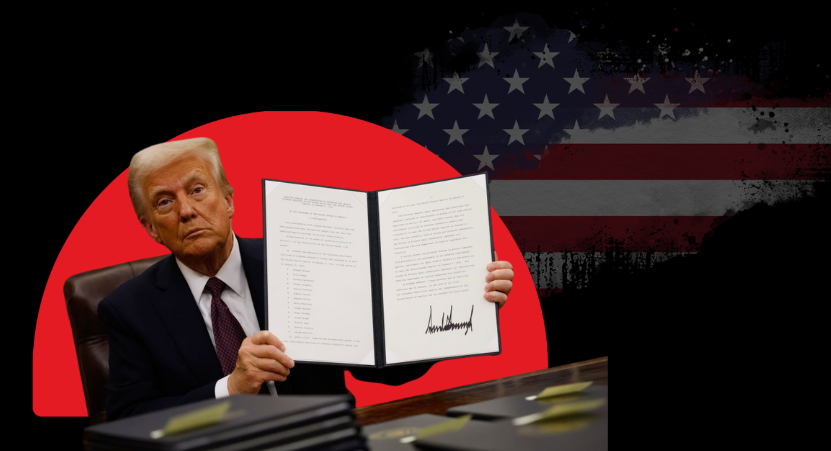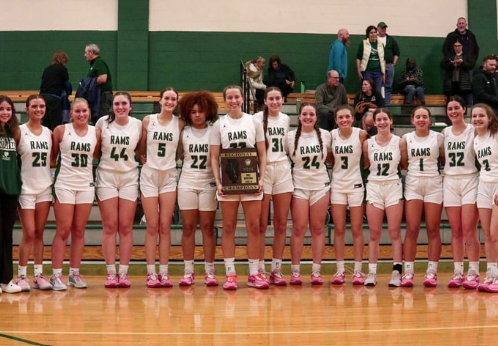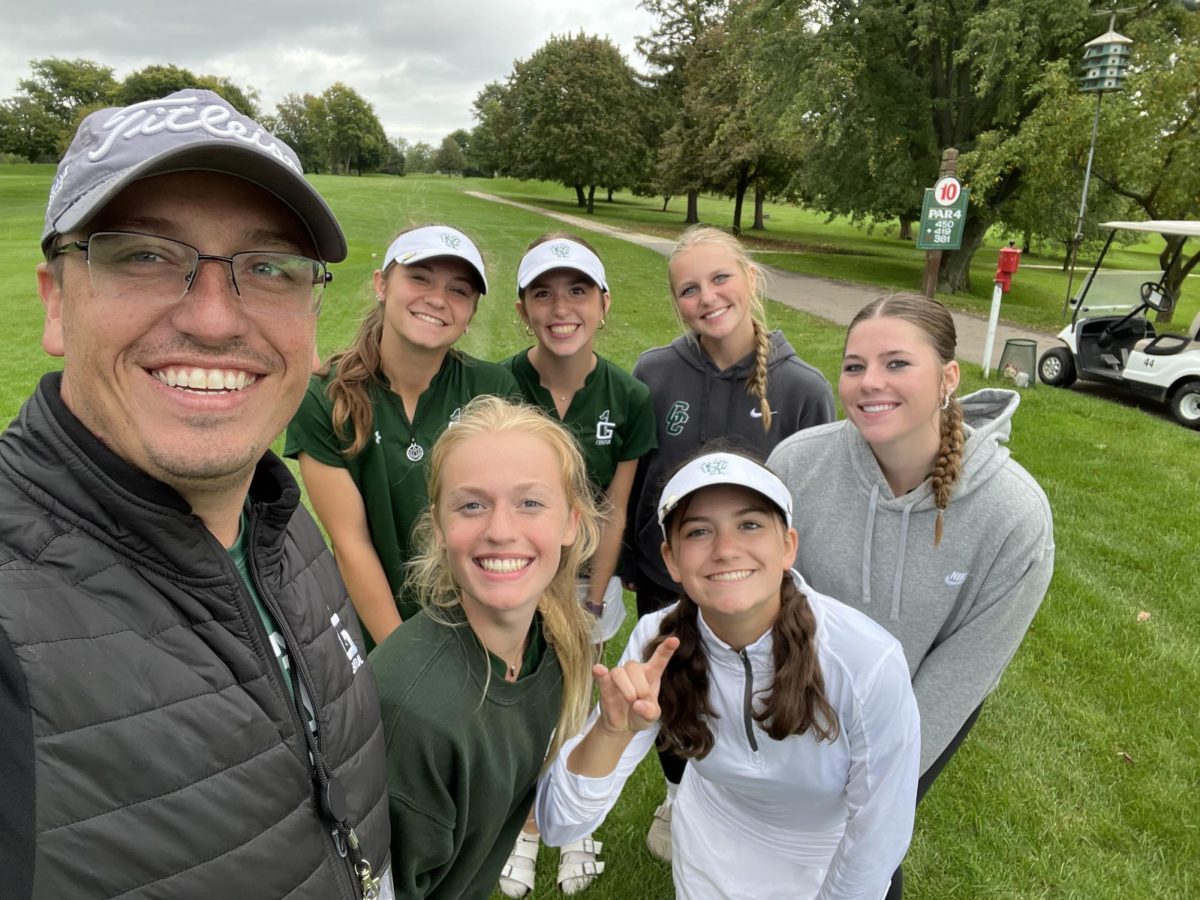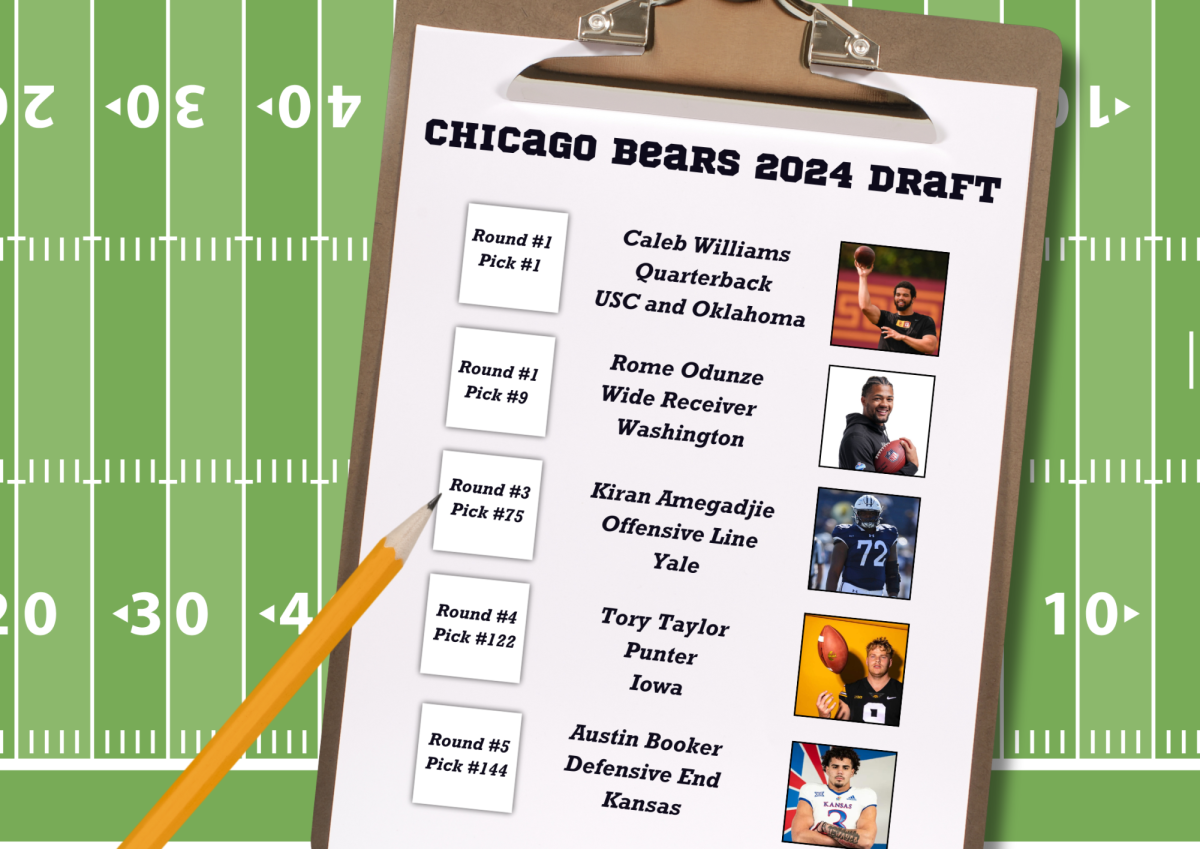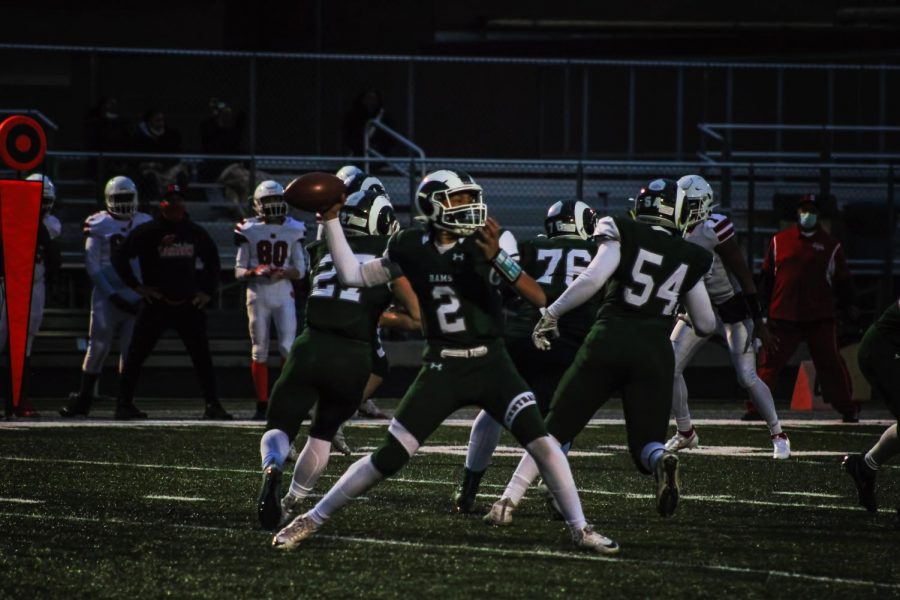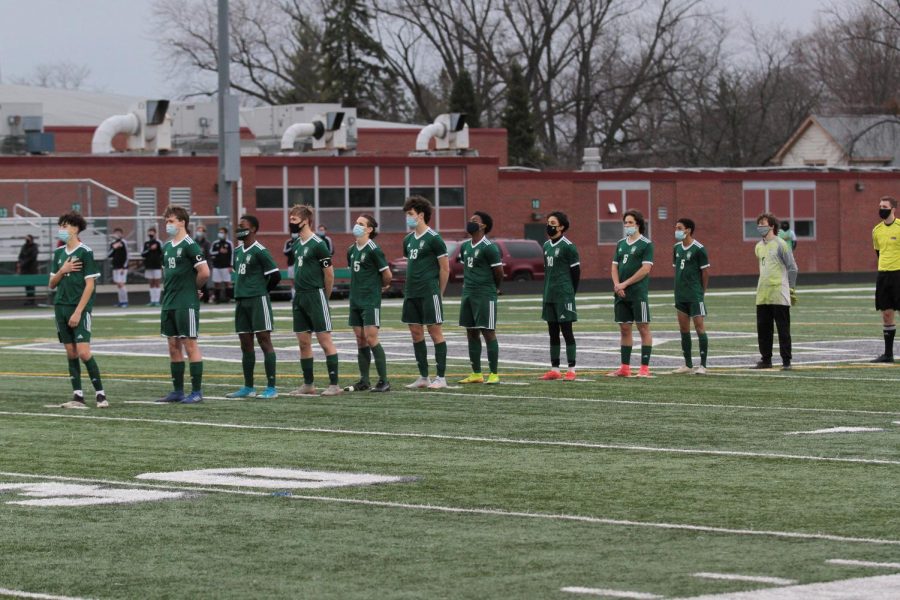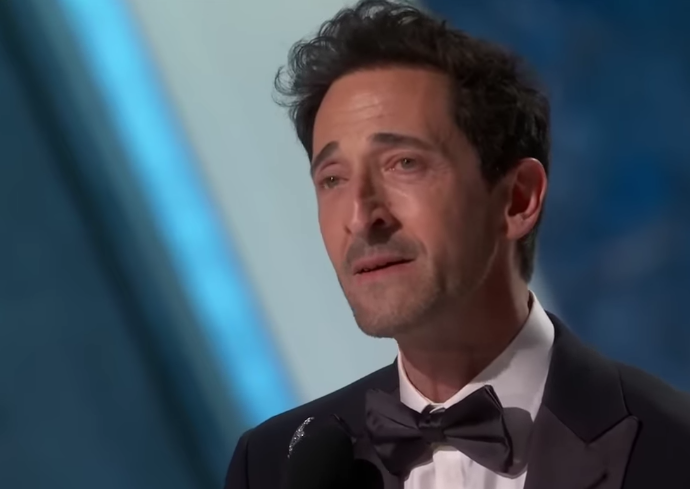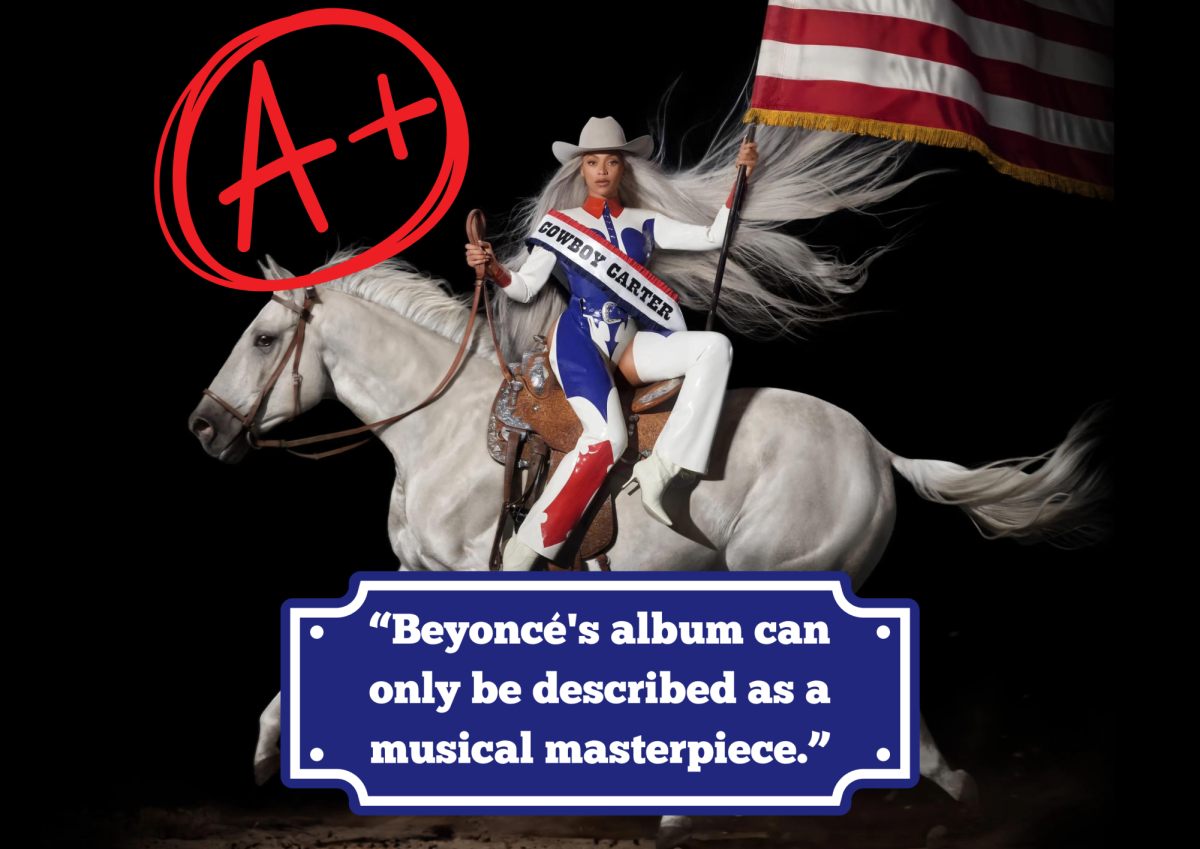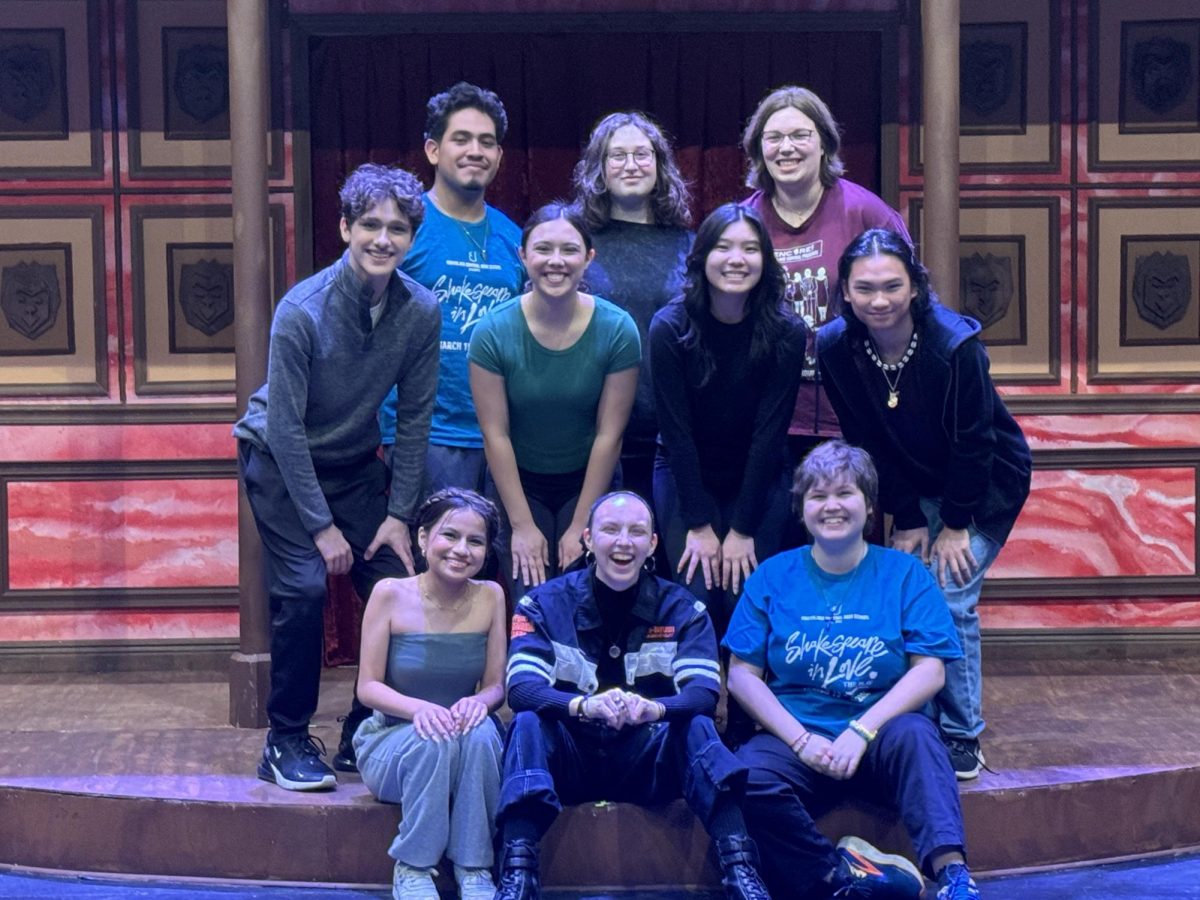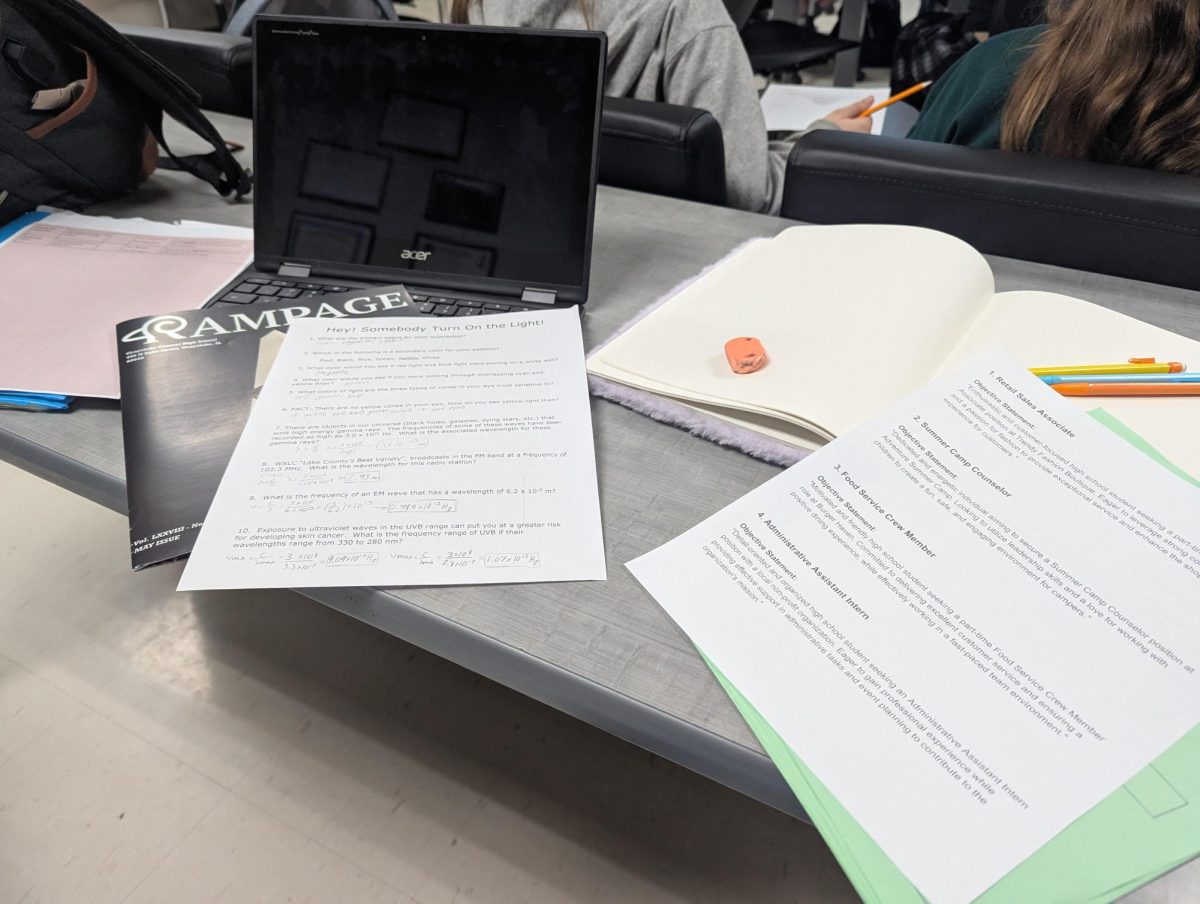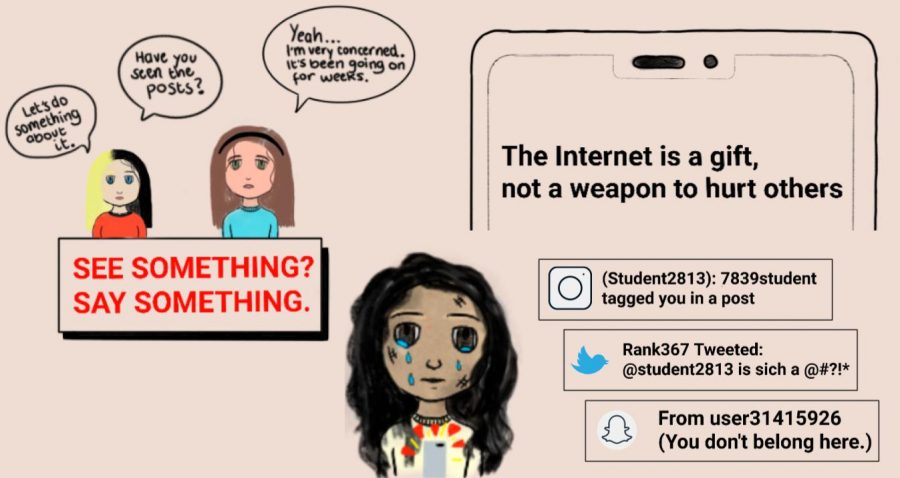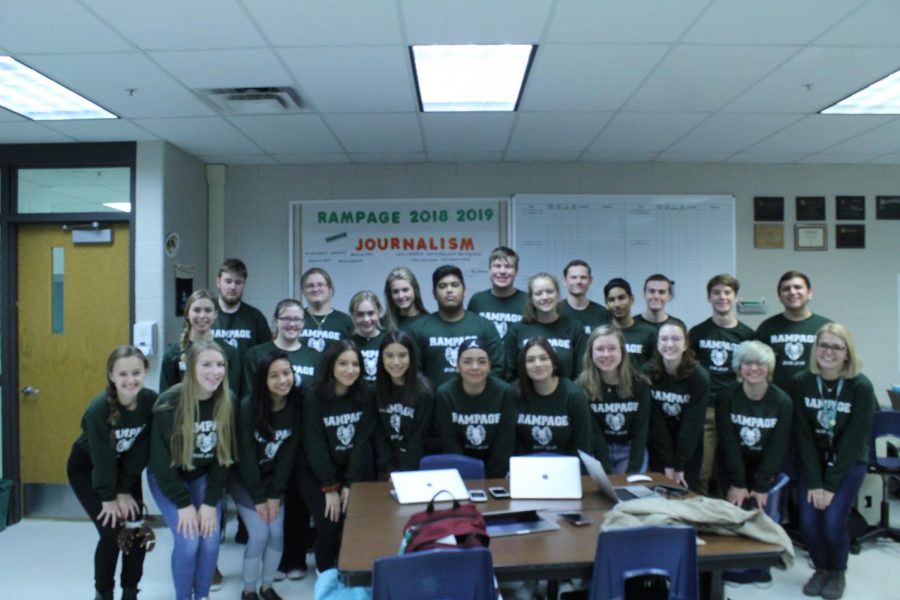Banning TKAM: Killing a necessary conversation
November 6, 2017
An African American girl sits in a classroom an hour north of Dallas, Texas as the only non-white person in the room. The class is reading Huckleberry Finn out loud. However, the class begins to feel uncomfortable as the N-word is repeated 219 times.
The students decide to brainstorm a substitute word to use. Rather than settling on “slave,” “farmhand,” or any human noun, the teacher decides that “horse” is the best alternative for a black person. The girl, Ren Mondesir, is a current senior at GCHS. She is laughed at by a fellow classmate who exclaims, “Haha Ren, you’re a horse!”
This incident raises an important question: Should schools be teaching books that use racial slurs? To Kill a Mockingbird has been banned by several schools throughout America for its use of the N-word. However, Grayslake Central continues to teach the book to its freshmen.
Racial slurs must be taught because students need to be educated about why those slurs are problematic today. Banning “To Kill a Mockingbird” inhibits schools’ abilities to facilitate informed discussions about racial issues in both America’s present and past.
“Banning books is a form of censorship which should not be allowed in our school systems. People need to be educated rather than kept in the dark…Racial slurs are not the problem, racism is,” said Mondesir.
The “horse” comment was not the result of racial slurs in the book; it was the result of a student uneducated on the offensive nature of her mockery.
“The book has allowed teachers to open a pathway to difficult conversations about racial inequality, how we treat people, and the notion of empathy. That is what teaching literature should be about,” said GCHS freshman English teacher, Maureen Ritter, who teaches “To Kill a Mockingbird.”
Banning slurs from books in schools will not allow for this discussion. It is a necessary part of educating people on why racial slurs were, and continue to be, an issue.
“Any time that a book is banned because of something like the use of a racial slur, it gives power back to that racial slur,” said Ritter. Censoring slurs in books like TKAM only creates a sense of ignorance surrounding those words.
“It’s not the slurs, the slurs come from racism, and we need to be taught about racism, so the slurs automatically have to be taught,” Mondesir said.
If schools ban books because of their offensive language, they are attempting to censor the past. This kind of approach is not the solution to racial issues in American society today.

